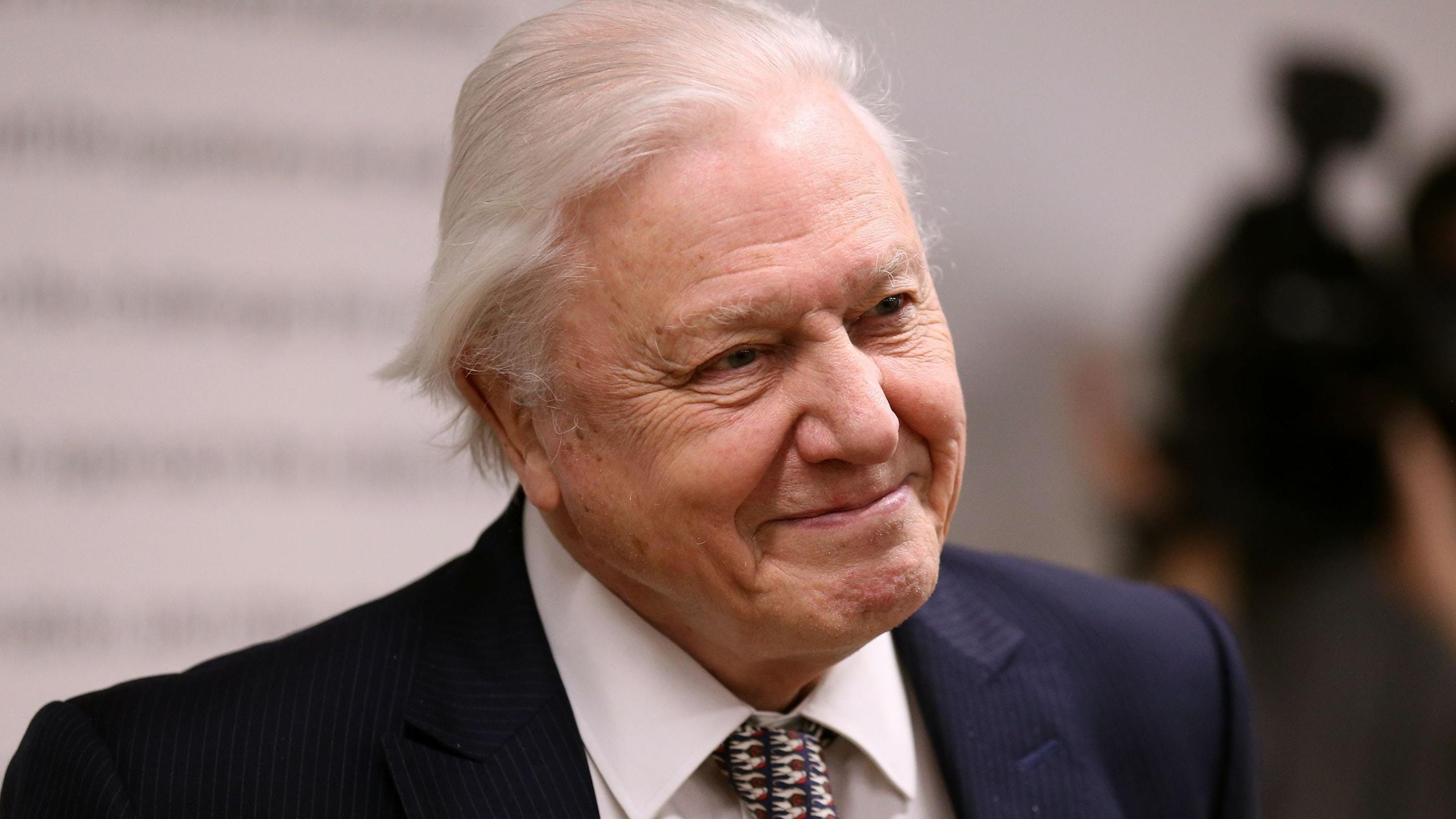
Sir David Attenborough has said he is currently more encouraged than he had previously been about the widespread concern for the natural world, and that there are “signs of hope”.
The naturalist and broadcaster also praised the relatively modern phenomenon of many different nations coming together for global causes, and that overall, he feels there has been a general “worldwide shift” in attitudes towards the natural world.
In a special event at the Edinburgh International Television Festival to mark 60 years of the Natural History Unit at BBC Studios, Sir David said: “I spend a lot of time wringing my hands and saying how dreadful it is, and how this forest has been obliterated, and that sea has been polluted and whatever.”

He said that, despite this, “there are signs of hope”, and that “there has been a worldwide shift, I think, amongst people in general who are concerned with the natural world”.
“I am encouraged more than I have been, somehow.”
Asked by Julian Hector, the head of the unit, what has heartened him over the past five years in terms of our relationship with the natural world, Sir David said: “People used to get very upset that we couldn’t get international agreement on so many conservation issues.
“And I used to say, look – never in the whole of history have nations with different attitudes and different philosophies and different languages and different political systems got together to agree on one particular problem.”

Sir David referenced conservationist Sir Peter Scott’s cause, the International Whaling Commission, and praised him for getting people and nations around the world to work together to preserve whale stocks.
“He got nations around the world to agree that whales were being exterminated and this would be a crime beyond description, and that nations must stop whaling everywhere, and nations around the world did so,” Sir David said.
“They did so knowing that it would actually rob them of a certain amount of national income, so that was a huge advance.”
He added that the Paris Agreement – a treaty within the United Nations Framework Convention on Climate Change – is “another big advance”.
He said: “I would like to think that the reason the political figures have got that sort of policy that they will know will be at a cost to the national economies is that they are beginning to realise that people worldwide wish that to happen, because they wish to protect the natural world, and I think that view has been helped by what (the Natural History Unit) and other units around the world are doing.”

Enjoy the convenience of having The Sunday Post delivered as a digital ePaper straight to your smartphone, tablet or computer.
Subscribe for only £5.49 a month and enjoy all the benefits of the printed paper as a digital replica.
Subscribe